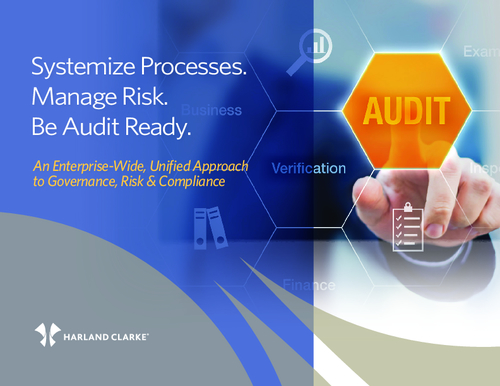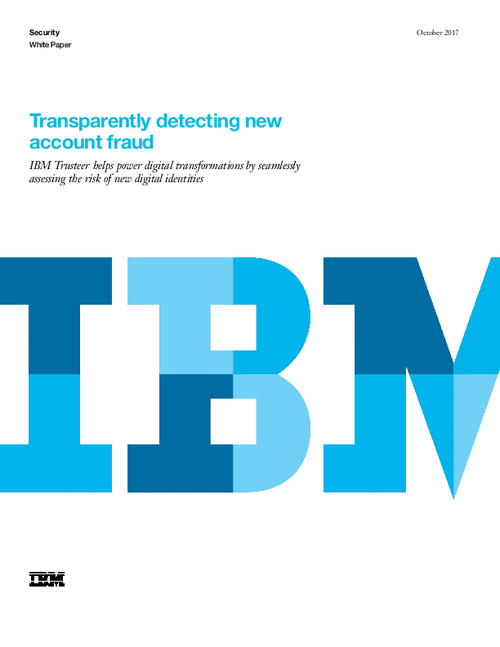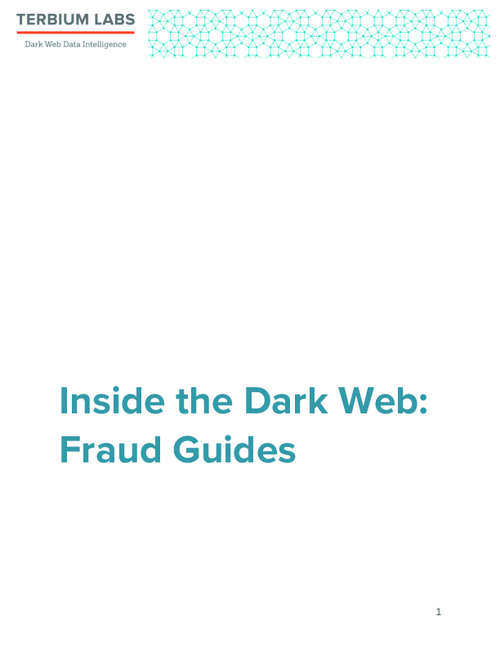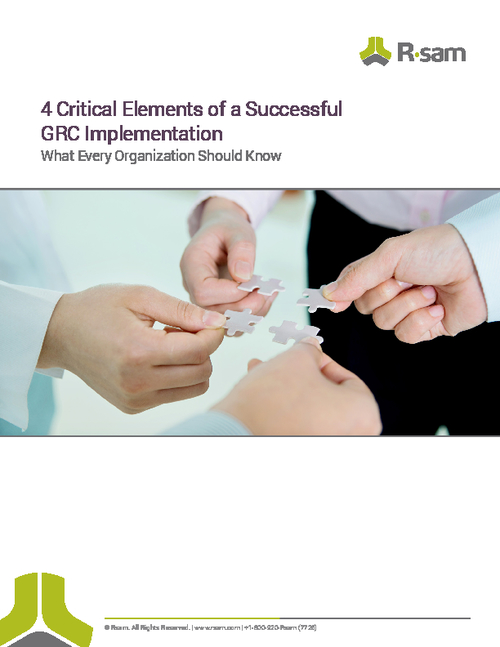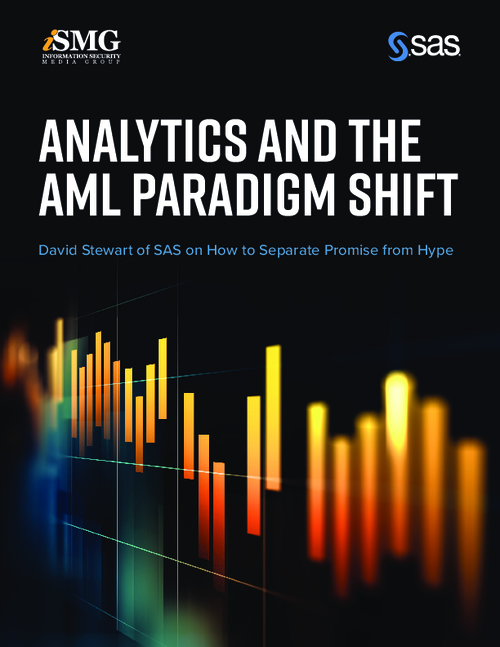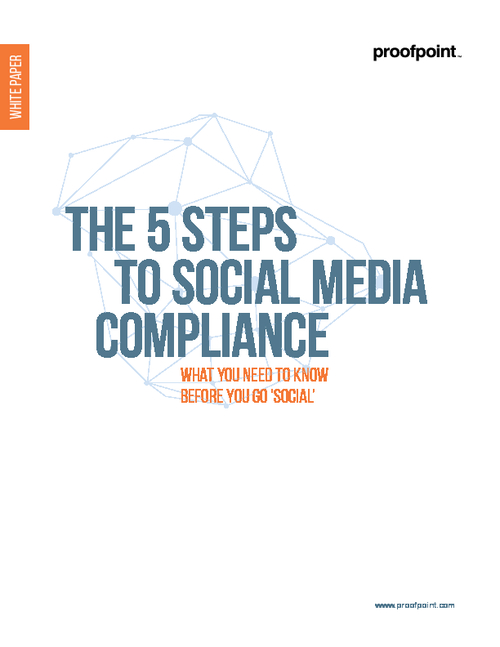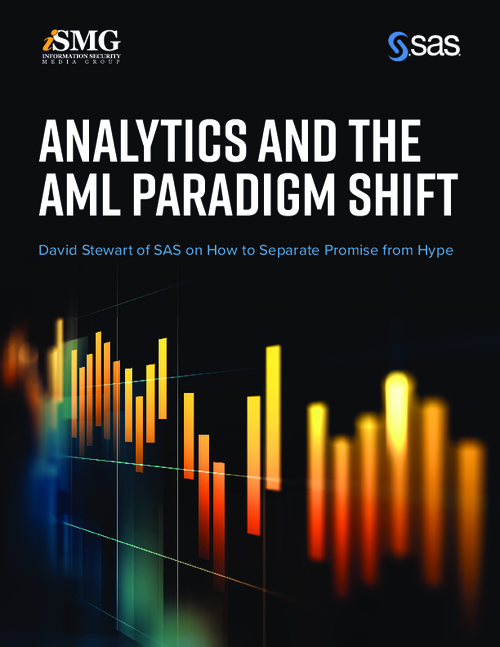BSA Violation Costs CA Bank $10 Million
FinCEN and OCC Assess Civil Penalties Against Union Bank in Deferred Prosecution AgreementUnion Bank of California, N.A., a wholly-owned subsidiary of UnionBanCal Corporation, based in San Francisco, earlier this month entered into a deferred prosecution agreement regarding charges of failing to maintain an effective anti-money laundering program, and will forfeit $21.6 million to the U.S. government. The bank will also pay $10 million to The Financial Crimes Enforcement Network (FinCEN) and the Office of the Comptroller of the Currency (OCC).
In assessing a $10 million civil money penalty, FinCEN determined that Union Bank failed to implement an adequate anti-money laundering program reasonably designed to identify and report transactions that exhibited indicia of money laundering or other suspicious activity, considering the types of products and services offered by the Bank, the volume of its business, and the nature of its customers. Union Bank failed to monitor Mexican casa de cambio transactions and report suspicious activity, despite knowledge of the heightened risk of money laundering posed by those Bank customers.
“This action against Union Bank demonstrates the successful efforts of federal agencies to apply a coordinated and consistent approach to Bank Secrecy Act enforcement,†says FinCEN Director James H. Freis, Jr. The assessment against the bank was completed on September 14. The assessment against Union Bank of California may be read here: PDF
The government charged the bank with one count of failing to maintain an effective anti-money laundering program. Union Bank of California waived indictment, agreed to the filing of the information, and accepted and acknowledged responsibility for its conduct in a factual statement accompanying the information. The company will pay $21.6 million to the United States to settle forfeiture claims held by the government. In light of the bank’s significant remedial actions to date and its willingness to acknowledge responsibility for its actions, the government will recommend the dismissal with prejudice of the charge in 12 months, provided the bank fully implement significant anti-money laundering measures required by the agreement.
The bank said that it remains committed to achieving an effective and sustained BSA/AML program. “Over the last several years, the bank has devoted considerable resources to eliminate weaknesses and correct deficiencies in its compliance programs. But that of itself does not diminish the seriousness of this matter. We remain firmly committed to the ongoing evaluation, enhancement and improvement of our processes and procedures,†says Masaaki Tanaka, Union Bank’s president and chief executive officer. “We will continue to work with our regulators to ensure that our focus on compliance is effective, sustainable and responsive so that failures of this kind are not repeated in the future.â€
“Banks that knowingly disregard their legal obligations under the Bank Secrecy Act are easily exploited by drug cartels and other criminals,†says Assistant Attorney General Alice S. Fisher of the Criminal Division of the Department of Justice. “The Department of Justice will continue to work to make sure banks follow the law and put these vital anti-money laundering programs in place.â€
“In a multi-billion dollar illegal drug market, the law requires and DEA depends on financial institutions to know their customers and practice due diligence,†says Drug Enforcement Administrator Karen Tandy. “When banks fail to uphold their responsibilities, they turn their legitimate business into a currency stash house used by international drug traffickers to line their pockets, fuel more trafficking, and corrupt government officials and global economies. The Union Bank of California will pay the price for its failure with a hefty fee.â€
“Our American economy depends on the integrity of financial institutions and the work of those institutions to ensure compliance with anti-money laundering regulations,†says Eileen Mayer, Chief, IRS Criminal Investigation. “This investigation clearly demonstrates law enforcement's commitment to enforcing these regulations, which assist in our efforts to detect and halt criminal activity like drug trafficking.â€
Under the Bank Secrecy Act, banks are required to establish and maintain an anti-money laundering compliance program that, at a minimum, provides for: (a) internal policies, procedures, and controls designed to guard against money laundering; (b) the coordination and monitoring of day-to-day compliance with the Bank Secrecy Act; (c) an ongoing employee training program; and (d) independent testing for compliance conducted by bank personnel or an outside party. Banks are also required to have comprehensive anti-money laundering programs that enable them to identify and report suspicious financial transactions to the U.S. Treasury Department's Financial Crimes Enforcement Network.
Other financial institutions that have similar situations would be wise to pay attention to this case. “The Union Bank case is an illustration of the interagency enforcement policy in action,†says Sepidah Behram, Senior Compliance Counsel for the American Bankers Association. “This demonstrates a situation that combines high risk banking activity, uncorrected prior supervisory criticism and extensive non-compliance with reporting obligations, therefore becoming a prime candidate for formal enforcement action--even if progress is being made on other BSA program components.â€


